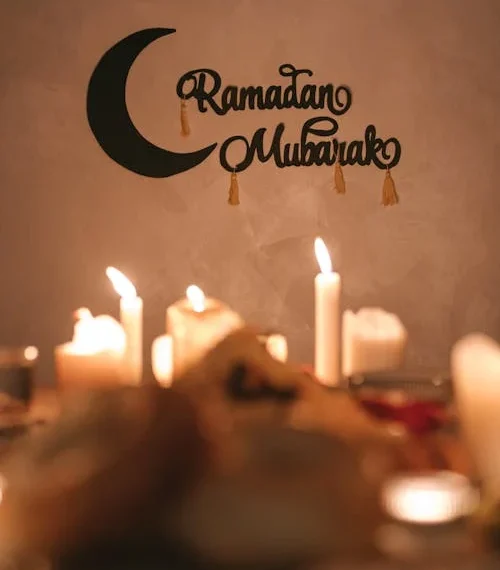
Holy Ramadan’s Inception: A Period of Introspection, Fasting, and Spiritual Rejuvenation For Muslims worldwide, the ninth month of the Islamic lunar calendar, Ramadan, is a time of intense spiritual introspection, fasting, prayer, and community. When the crescent moon is sighted, Ramadan officially begins, marking the beginning of 29 or 30 days of fasting from sunrise to sunset. A pillar of Islamic belief and practice, this holy month honors the Prophet Muhammad’s (PBUH) initial revelation of the Qur’an. Ramadan’s Spiritual Significance In addition to abstaining from food and liquids, Muslims observe Ramadan as a time for spiritual discipline during which they seek to develop patience, humility, and spirituality. It is a chance to cultivate self-control, deepen one’s relationship with Allah, and purify the soul. Muslims develop compassion for the underprivileged by fasting (Sawm), which encourages altruism and kindness.
Customs and Rituals
•Fasting (Sawm): Muslims refrain from eating, drinking, smoking, and engaging in immoral activity from Fajr (dawn) to Maghrib (sunset). Suhoor is the meal eaten before dawn, while Iftar, the meal eaten at sundown to break the fast, is customarily started with water and dates in accordance with the Prophet’s Sunnah. • Worship and Prayer: Muslims pray more frequently, especially during the nightly Taraweeh prayers. During this month, many people also try to finish reciting the Qur’an. • Charity (Zakat and Sadaqah):
Muslims place a strong emphasis on kindness and giving; they are required to pay alms (Zakat) and frequently make voluntary contributions to charity (Sadaqah). Saluting the Month There is excitement and preparation as Ramadan approaches. Special dishes are made at Iftar and Suhoor, and homes are frequently decorated. Communities gather for charity endeavors, prayers, and recitations of the Qur’an.
By establishing intents and personal objectives for self-improvement throughout the month, many people also get spiritually ready.
A Worldwide Festivity The spirit of Ramadan is universal, despite cultural and regional differences in customs and behaviors. Muslims experience a great sense of solidarity and fraternity throughout Ramadan, whether they are in the busy Iftar tents in the Middle East or the calm mosques in Europe and North America.
Conclusion
There is a lot of reverence and excitement before the start of Ramadan. As Muslims worldwide set out on this holy path of faith and self-discipline, it is an opportunity for spiritual and communal rebirth. By saying “Ramadan Mubarak” or “Ramadan Kareem,” they are greeting one other with a blessing as well as the wish for spiritual satisfaction, compassion, and peace. Please let me know if you would need more information about any particular customs, Iftar recipes, or cultural perspectives on Ramadan celebrations
- Comments And Suggestions Contact Us. developed2024@gmail.com
